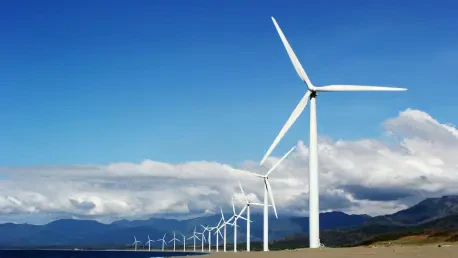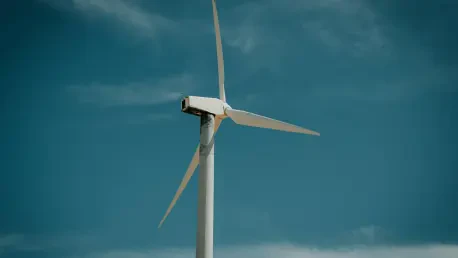
Starting October 1, a significant policy shift will alter the commuting landscape for Arizona drivers of alternative-fuel vehicles, including electric, natural gas, and hydrogen-powered cars, as they lose the long-standing privilege of using high occupancy vehicle (HOV) lanes while driving solo.

Imagine a modest investment in a declining industry turning into a potential goldmine worth billions, reshaping national security and global technology markets in one fell swoop. This is the extraordinary situation surrounding a Wyoming coal mine purchased for just $1.9 million by Randall Atkins, a

Imagine a world where Earth’s climate, often thought to be a self-regulating system much like a finely tuned thermostat, suddenly malfunctions in a way that transforms scorching global warming into a deep freeze reminiscent of an ice age, a scenario not from a science fiction novel but the focus of

In a world grappling with escalating climate challenges, the global coal industry stands at a contentious crossroads, with FutureCoal, a prominent advocacy group, spearheading a campaign for what it terms "fair funding" to maintain coal's pivotal role in the energy sector. This push comes against a

Today, we’re thrilled to sit down with Christopher Hailstone, a renowned expert in energy management, renewable energy, and electricity delivery. With his deep knowledge of grid reliability and security, Christopher offers a unique perspective on the urgent challenges and innovative solutions

Setting the Stage for a Shifting Palm Oil Landscape Indonesia, as the world's leading producer and exporter of palm oil, has sent shockwaves through global markets with its ambitious B50 biodiesel plan, mandating a blend of 50% fatty acid methyl ester (FAME) primarily sourced from palm oil. This